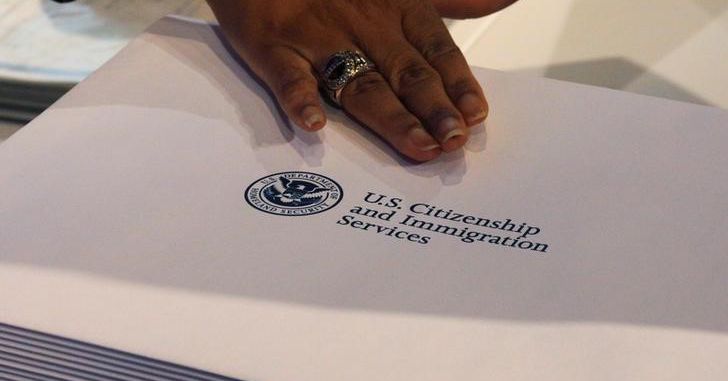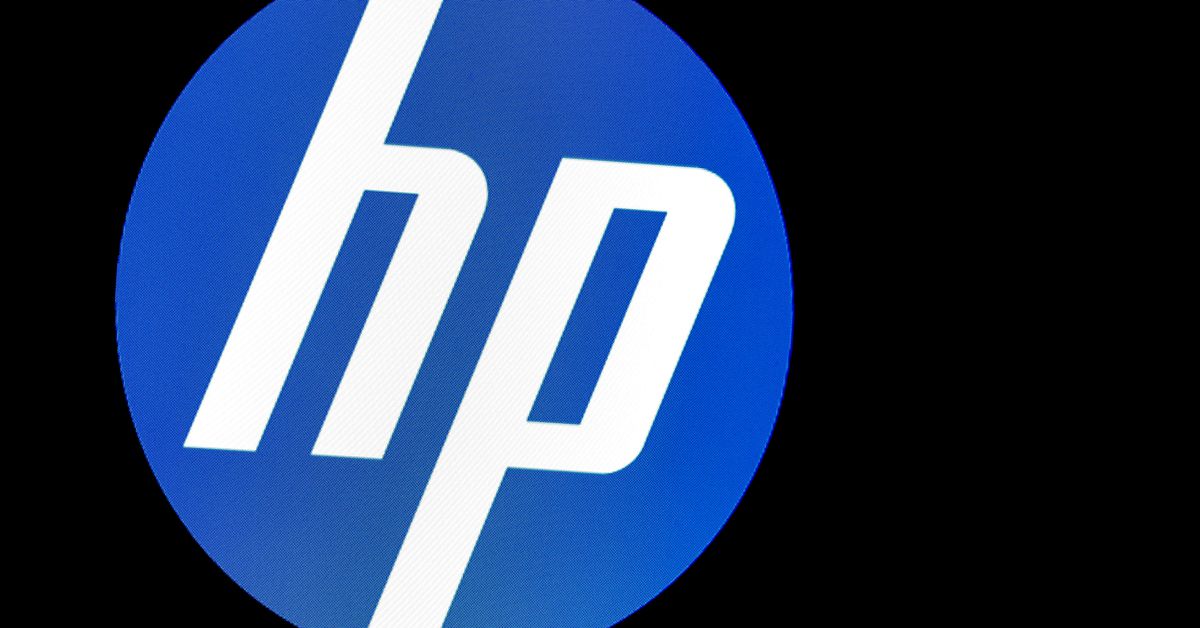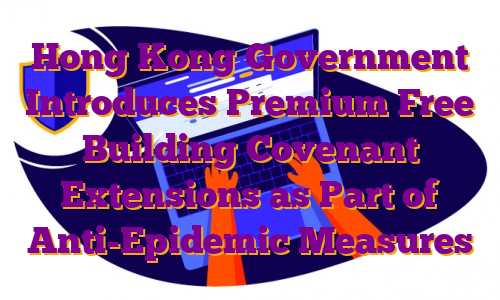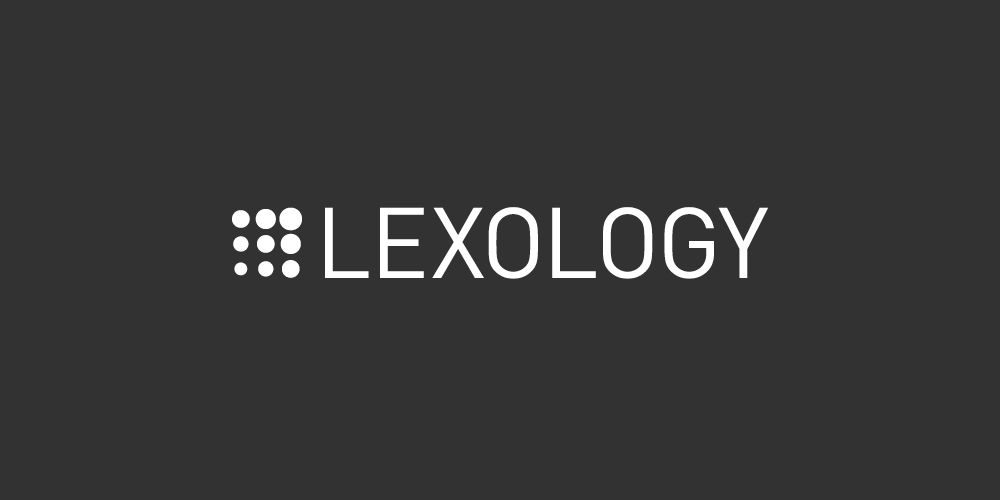- Applicants for work permits can pay $1,500 to speed up process
- Revenue will ease massive backlogs at immigration agency
(Reuters) – The Biden administration on Tuesday released a final rule expanding a program that allows applicants for various employment-related immigration benefits to pay up to $2,500 to speed up the process, in a bid to ease massive backlogs at the agency.The rule from U.S. Citizenship and Immigration Services (USCIS) extends the existing “premium processing” service to applications for an Employment Authorization Document, which allows recipients to work in the U.S. while they seek asylum or other legal status.About 2 million people apply for new or renewed work permits each year, according to USCIS data. The process typically takes five to seven months, leaving many immigrants unable to support themselves and their families in the meantime.Register now for FREE unlimited access to Reuters.comUnder Tuesday’s rule, which takes effect in 60 days, individuals seeking work permits can pay $1,500 to have their applications considered within 30 days. The premium fee ranges up to $2,500 for applications for other kinds of employment-related adjustments in legal status.USCIS said it plans to phase in the expansion so that it will not negatively impact applicants who do not pay a premium fee. The backlog at USCIS grew to 9.5 million cases last month as the COVID-19 pandemic exacerbated an existing bottleneck at the agency.The agency also said it will have to hire and train new staff to expand premium processing in line with the new rule, which it plans to pay for using revenue from current applications for premium processing.USCIS is funded primarily through the fees paid by applicants for various immigration benefits. The agency on Tuesday estimated it would collect an additional $9.7 million in fees per year under the new rule.Register now for FREE unlimited access to Reuters.comOur Standards: The Thomson Reuters Trust Principles.Daniel WiessnerDan Wiessner (@danwiessner) reports on labor and employment and immigration law, including litigation and policy making. He can be reached at [email protected]. .








